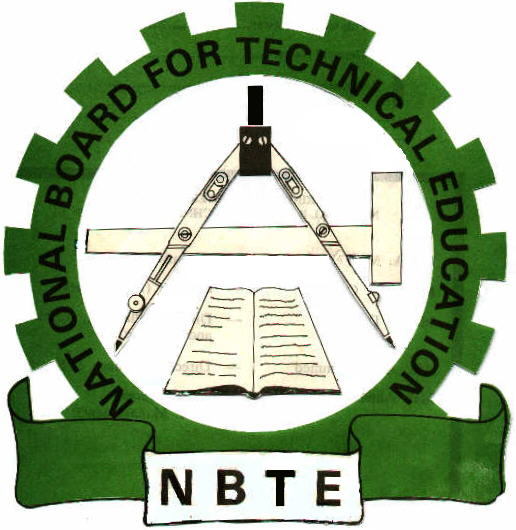The National Board for Technical Education (NBTE) is currently facing a significant crisis sparked by the controversial suspension of Lawal Hafiz, a former Director of Human Resources, by the Executive Secretary, Prof. Idris Bugaje. Hafiz has lodged a formal complaint with the Minister of Education, Tahir Mamman, accusing Bugaje of acting unlawfully and alleging that the suspension was motivated by a vendetta against him. This backdrop highlights a larger issue of governance within the NBTE, where allegations of corruption and misconduct are surfacing, particularly concerning an investigation by the Independent Corrupt Practices and Other Related Offenses Commission (ICPC). The dispute has raised concerns about transparency and accountability within the agency, which is supposed to oversee and enhance the standards of technical education in Nigeria.
In his petition, Hafiz claims that his suspension is connected to his role as a whistleblower who reported irregularities involving the illegal withdrawal of N200 million from the NBTE’s Treasury Single Account (TSA). He alleges that this money was misappropriated and redirected to a commercial bank account linked to the NBTE Consult Ltd through the collusion of various officers in the finance department. Hafiz also raises additional allegations against Bugaje, suggesting misuse of government employees for personal business purposes and the arbitrary reassignment of staff associated with those who reported misconduct. This brewing conflict has sparked calls for reform within the NBTE’s management structure, with Hafiz requesting the reinstatement of a committee comprising all directors rather than the selective group Bugaje has put in place.
Bugaje, however, has firmly denied the accusations against him and defended the decision to suspend Hafiz, asserting it was due to Hafiz’s unsatisfactory response to a query linked to his conduct. He described Hafiz as a disgruntled employee whose actions were driven by personal interests rather than genuine whistleblowing. In an effort to counter the allegations, he highlighted the introduction of digital accreditation processes designed to enhance transparency and combat corruption, contending that prior practices had been rife with manipulations by educational institutions. Bugaje’s perspective suggests a wider rift in how integrity and efficacy are managed within the NBTE, with an apparent lack of consensus on how to handle internal conflicts.
Furthermore, Bugaje’s assertion that the ICPC is a collaborative partner in efforts to improve quality assurance within technical education sheds light on a dimension of the relationship between regulatory bodies and educational institutions. While the ICPC is often associated with investigative measures, Bugaje framed such engagements positively, portraying them as elements of an overarching strategy to increase accountability in the field of technical education. Nonetheless, this partnership may be perceived skeptically by some, especially those within the agency who view the ongoing turmoil as symptomatic of deeper issues regarding leadership and management practices.
In his defense of his position, Bugaje also noted the actions taken against four deputy directors over allegations of financial misconduct and sexual harassment, presenting these as indications of his commitment to cleaning house and establishing a culture of integrity within the NBTE. These suspensions, along with the implementation of digital accreditation, are part of broader efforts to reform the agency, yet they have not quelled the tensions evident in Hafiz’s claims. The allegations suggest that internal divisions may undermine the effectiveness of these reforms, as the power struggle between Hafiz and Bugaje presents a dichotomy of interests that could further complicate governance within the organization.
The rift between the two leaders of the NBTE underscores potential challenges to effective oversight of technical education in Nigeria. The interplay of corruption allegations, personal conflicts, and management structure poses risks not only to the agency’s internal functioning but also to its broader mission of regulating educational standards. Hafiz’s portrayal of Bugaje’s leadership as authoritarian and vindictive serves as a warning of how personal conflicts can obscure institutional goals, while Bugaje’s insistence on the validity of his reforms positions him as an advocate for a new era within the agency. Moving forward, it will be crucial for the NBTE to navigate these challenges with a commitment to transparency and ethical governance.
In conclusion, the crisis enveloping the NBTE is indicative of broader systemic issues that are prevalent in governance structures across Nigeria’s educational landscape. It reflects the tensions between various factions within an organization struggling to maintain integrity while also addressing significant allegations of misconduct. Underlying all of this is the necessity for the NBTE to not only resolve its internal disputes but also rebuild public trust in its ability to fulfill its mandate of enhancing technical education in Nigeria. Going forward, the resolution of these conflicts will serve as a bellwether for the future governance of educational regulatory bodies in the country, testing their commitment to openness, accountability, and reform amidst a challenging operational environment.














